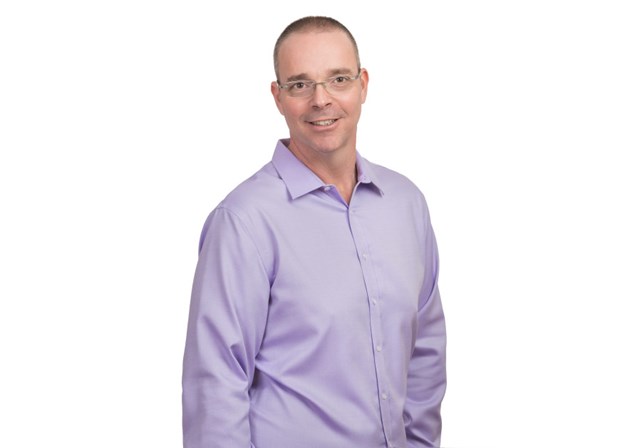
Trial-In CEO Nir Erez. (photo credit: Courtesy)
Working in the field of oncology was a case of love at first sight for Weizmann Institute of Science graduate Nir Erez.
In 2003, after completing his Master’s degree, Erez joined pharma giant Roche Pharmaceuticals (Israel), which specializes in the development and marketing of cancer drugs. There, he worked alongside leading oncologists, learned of breakthrough cancer treatments and the development and types of the disease.
Sadly, cancer treatment became more than just a profession for Erez when, in 2006, his mother died from breast cancer notwithstanding that she was treated by the top two oncologists in the country.
“When she passed away, I decided I want to leave Roche and do something else with my life,” Erez told The Jerusalem Post.
“I was pretty sure that I wanted to stay in oncology, which has been my life for 15 years now. I opened a small business, monitoring clinical trials, especially in cancer.”
While running the business, Erez came across an interim analysis by a mid-size company that had developed a new immunotherapy drug, testing it on 85 breast cancer patients with the same type of cancer as his mother.
The response rate for the treatment, however, was 30 percent, 15 times greater than the treatments offered to his mother. A few years later, the US Food and Drug Administration (FDA) designated the drug as a breakthrough therapy.
“I missed the treatment, and even the top-tier oncologists didn’t know about it. I thought it was unbelievable that patients, caregivers and relatives can miss really good, efficacious and safe treatments,” said Erez.
While too late to help his mother, he decided that he wanted to adapt his business to help cancer patients and their families.
“Even today, in each cancer patient that I meet, I see my mother and want to save them,” Erez added.
Combining his professional and personal experiences, and his knowledge and connections within the oncology field, Erez’s Modi’in-based company Trial-In Pharma opens doors to the 20,000 clinical trials and compassionate use treatments worldwide.
Such treatment options, beyond standard protocols, have the potential to save, prolong and improve the lives of cancer patients otherwise facing a poor prognosis.
“In Israel, you have about 160 oncologists that treat 110,000 cancer patients,” said Erez.
“You cannot expect a treating oncologist that sees about 20 patients a day to screen each one for clinical trials worldwide, with all of the necessary criteria involved.”
With the support of the treating oncologist, Trial-In Pharma uses the patient’s medical records to identify relevant and applicable clinical trials, and opens a channel of communication with medical centers, researchers and pharmaceutical companies around the world to make the chosen treatment accessible to the patient.
Once the patient’s oncologist approves a proposed course of action, whether a clinical trial or compassionate-use treatment, Trial-In Pharma supports the process of bringing the treatment to the place where the patient resides.
Participation in clinical trials is free of charge for the patient and, while still not approved by the FDA or similar regulatory bodies, offers access to some of the most groundbreaking treatments in the fight against cancer. The company, which works on a fee-for-service basis, has assisted more than 1,000 cancer patients to date.
“Part of our work is to empower patients and their families, encouraging them to be more active and more involved. We want them to know that there are more options that they can put on the table, and manage their disease proactively,” said Erez.
“We are located in Israel, but the service can be applied anywhere in the world. We don’t have any partnerships with drug companies, because we don’t want to be biased. While they do wish to partner with us and find a way to give us money, I don’t want it.”
